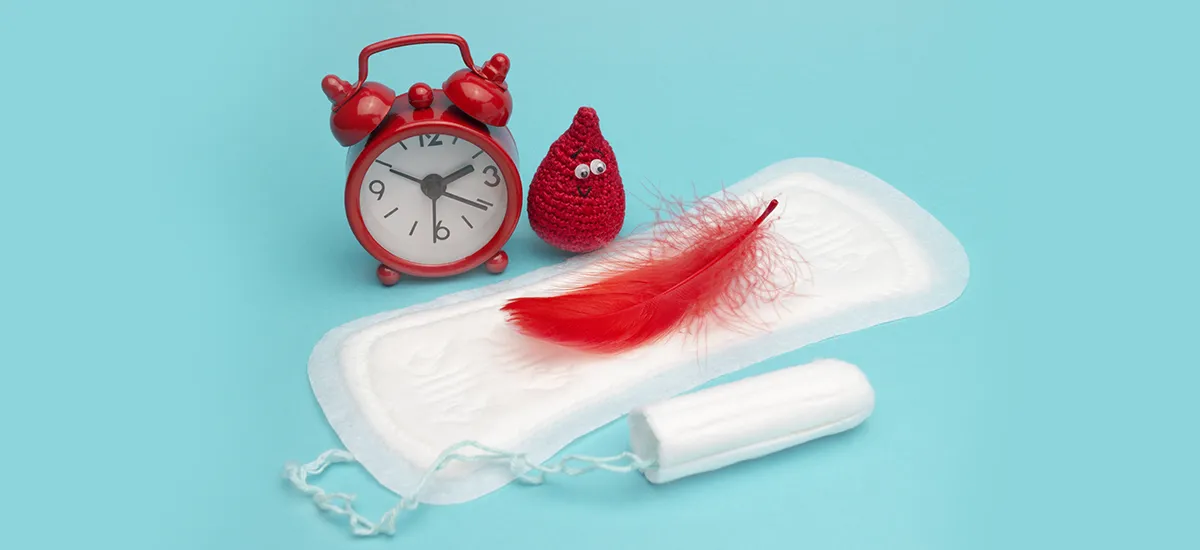Water is the elixir of life. Yet, polluted water can steal the well-being of millions, particularly women and girls. The effects of water pollution are far beyond just an upset stomach. Often, there is more than what meets our eyes. Polluted water adversely affects women in several ways, including their reproductive health. Pollutants like arsenic and nitrates have been linked to pregnancy complications like miscarriage, premature birth, and birth defects. This underscores that the human-borne crisis of polluted water will impact present and future generations alike,
Water pollution is a global crisis and, at this hour, demands a war-like effort to combat it.
Water pollution stems from various sources such as -
· Untreated industrial waste laden with chemicals and toxins
· Agricultural practices allowing fertilizers, pesticides, and herbicides to wash into waterways
· Improper treatment of raw sewage containing harmful bacteria, viruses, and parasites
· Urban runoff, carrying oil, grease, and litter from streets
All these pollutants disrupt aquatic ecosystems and pose significant health risks for all who come into contact with them.
Water pollution disproportionately impacts women's health due to their biological makeup and household water management roles. Some of these effects are -
· A burden on body and spirit - Accessing water in regions with polluted sources usually involves traveling long distances. This responsibility often falls on women, adding a backbreaking burden to their daily routines. During pregnancy, the extra effort can also lead to complications that threaten the well-being of both mother and baby.
· A threat to fertility and motherhood - Chemical contaminants in polluted water can act as endocrine disruptors. This means that they can mimic or interfere with hormones essential for women's reproductive health. This can cause irregular menstrual cycles, increased risk of endometriosis, and reduce fertility. In pregnant women, these toxins can even cause pregnancy complications, miscarriage, and birth defects
· A shadow over long-term health - The long-term effects of water pollution on women's health are equally concerning. Exposure to heavy metals and harmful chemicals can increase the risk of cancers specific to women, like breast cancer. Additionally, it can weaken the immune system, making them more susceptible to infections and chronic diseases.
· Beyond physical ailments - The impact of water pollution transcends physical health. The lack of readily available clean water disrupts menstrual hygiene management. This impacts women's dignity and limits their participation in social and economic activities. It creates a vicious cycle of ill health and social marginalisation.
While women are disproportionately affected, men exposed to polluted water also face risks like waterborne illnesses, and pollutants can potentially harm sperm quality and reproductive health. Polluted water can cause similar digestive issues and skin problems and even contribute to some cancers in men.
Preventing water pollution at home begins with simple yet impactful actions that collectively make a significant difference. Here are some effective measures -
· Proper disposal of household chemicals - Avoid pouring household chemicals like cleaning agents, paints, oils, and pesticides down the drain or into the toilet. Instead, dispose of them at designated hazardous waste collection sites or recycling centers.
· Use eco-friendly products - Choose environmentally friendly cleaning products that are biodegradable and less harmful to waterways. Look for products labeled as "green" or "eco-friendly."
· Dispose of medications responsibly - Avoid flushing unused or expired medications down the toilet or drain. Many pharmacies and local government agencies have programs for safe disposal of medications.
· Maintain vehicles - Prevent leaks from your vehicles by regularly maintaining them. Fix any oil leaks promptly, and use a drip pan when changing oil. Dispose of automotive fluids properly at recycling centers.
· Conserve water - Practice water conservation to reduce the strain on water treatment facilities and prevent excess pollutants from entering waterways. Fix leaks promptly, install water-saving devices, and be mindful of water usage habits.
· Properly dispose of pet waste - Dispose of pet waste properly by bagging it and placing it in the trash. Pet waste contains harmful bacteria and parasites that can contaminate water sources if not disposed of correctly.
· Be mindful of yard care - Avoid overuse of fertilizers, pesticides, and herbicides in your yard. Opt for natural alternatives when possible, and follow application instructions carefully to prevent runoff into storm drains and waterways.
· Maintain septic systems - If you have a septic system, ensure it is properly maintained and pumped regularly to prevent leaks and contamination of groundwater and nearby water bodies.
In such trying times, it is important to safeguard yourself against the many health issues caused by water pollution. Future Generali's HEALTH POWHER is a women-centric health insurance plan designed to address their unique needs throughout life. It offers comprehensive coverage for women's health concerns, from maternity care and hormonal issues to preventive screenings and mental wellness support.

Ayushman Bharat, launched in 2018, is one of India's most ambitious healthcare initiatives. It provides accessible and affordable healthcare to millions of citizens across the nation. A...
Read More
Are you giving your breast health the attention it deserves amid your busy schedule? Important, yes, but often overlooked amidst a busy schedule. Simple breast care and...
Read More
Pain and discomfort are indeed a part of the package of being a woman but they can be managed through information and medical help. Women's health awareness...
Read More
Menstruation is a natural biological process experienced by all women. And, as we all know, it is often shrouded in secrecy and stigma. However, understanding and maintaining...
Read More
Have you ever felt like your emotions are on a rollercoaster ride at certain times? It could be your hormones! Hormonal fluctuations play a powerful role throughout...
Read More
Migraine headaches are a prevalent neurological condition often characterised by intense throbbing pain on one side of your head, accompanied by nausea, vomiting, and sensitivity to light...
Read More
Bringing new life into the world is undeniably one of the most miraculous journeys a woman can embark upon. It's a profound blend of joy, anticipation, and...
Read More
Invisible yet insidious, air pollution is a stealthy threat that weaves itself into the very breath we take. It's a cocktail of harmful gases and particles that...
Read More
Water is the elixir of life. Yet, polluted water can steal the well-being of millions, particularly women and girls. The effects of water pollution are far beyond...
Read More
Starting a family is one of the best feelings in the world. Unfortunately, some women face challenges when trying to start a family. But why is that...
Read More
Section 80D of Income Tax is an important provision for claiming health insurance tax benefits for individuals and families (including Hindu Undivided families, i.e., HUF). It provides...
Read More
A zillion questions pop in the head as soon as you get the good news. What should I eat? What should I avoid? Work life balance? Should...
Read More
Regarding health insurance, top-up and regular health insurance plans are two prevalent options. While both provide coverage for medical expenses, there are some important differences. Regular health...
Read More
What is the Mahatma Jyotiba Phule Jan Arogya Yojana? The Mahatma Jyotiba Phule Jan Arogya Yojana (MJPJAY) is a health insurance policy run by the Maharashtra government...
Read More
World Cancer Research Fund Internation found around 18.1 million cancer cases globally in 2020. Of these cases, 9.3 million were linked to men, and 8.8 million were...
Read More
Picture this: It's a cosy Sunday morning, and you're curled up with a cup of coffee, scrolling through your social media feed. Amidst the clothing videos and...
Read More
In today's dynamic world, navigating the complexities of health insurance can be daunting for many of us. This is where HIPAA comes into the picture. HIPAA stands...
Read More
Women's mental health is a complex dance between societal expectations and biological changes. Societal pressures to be perfect caregivers and achieve career success can create overwhelming stress....
Read More
It is a relief when your period shows up on time, but sometimes you wish it came sooner rather than later. Sometimes, you are thinking, "How can...
Read More